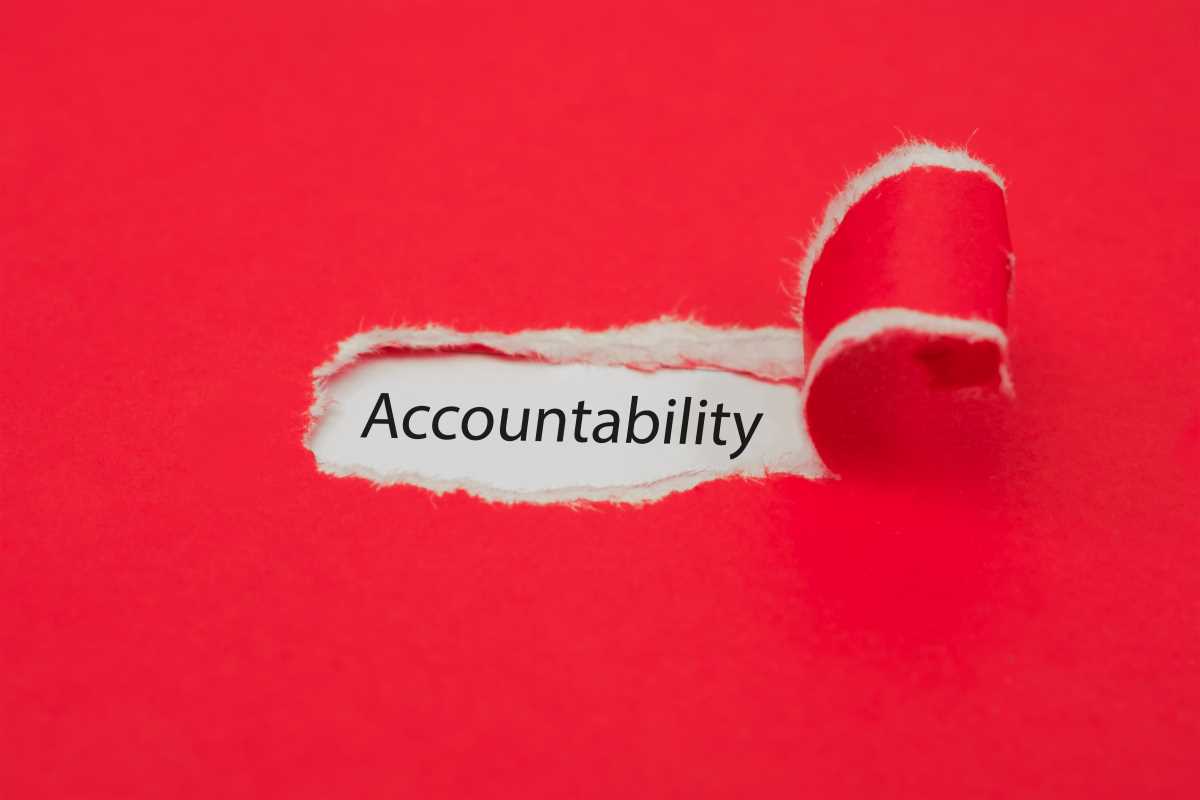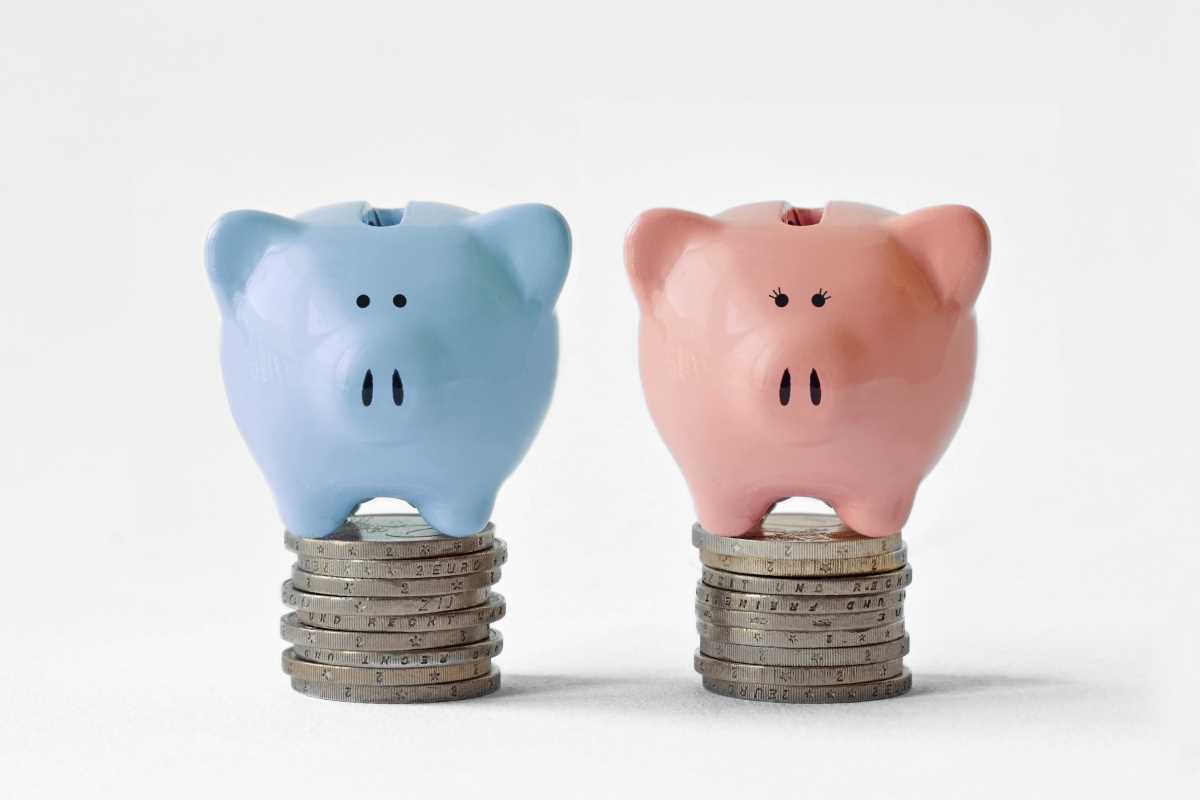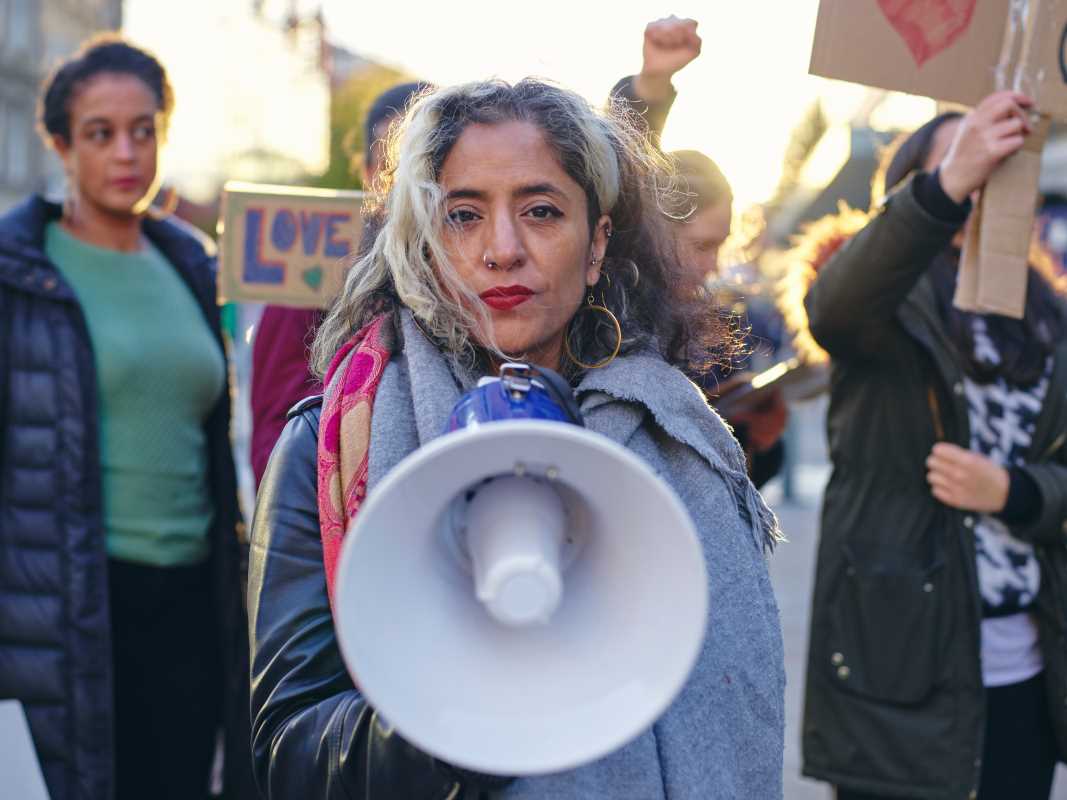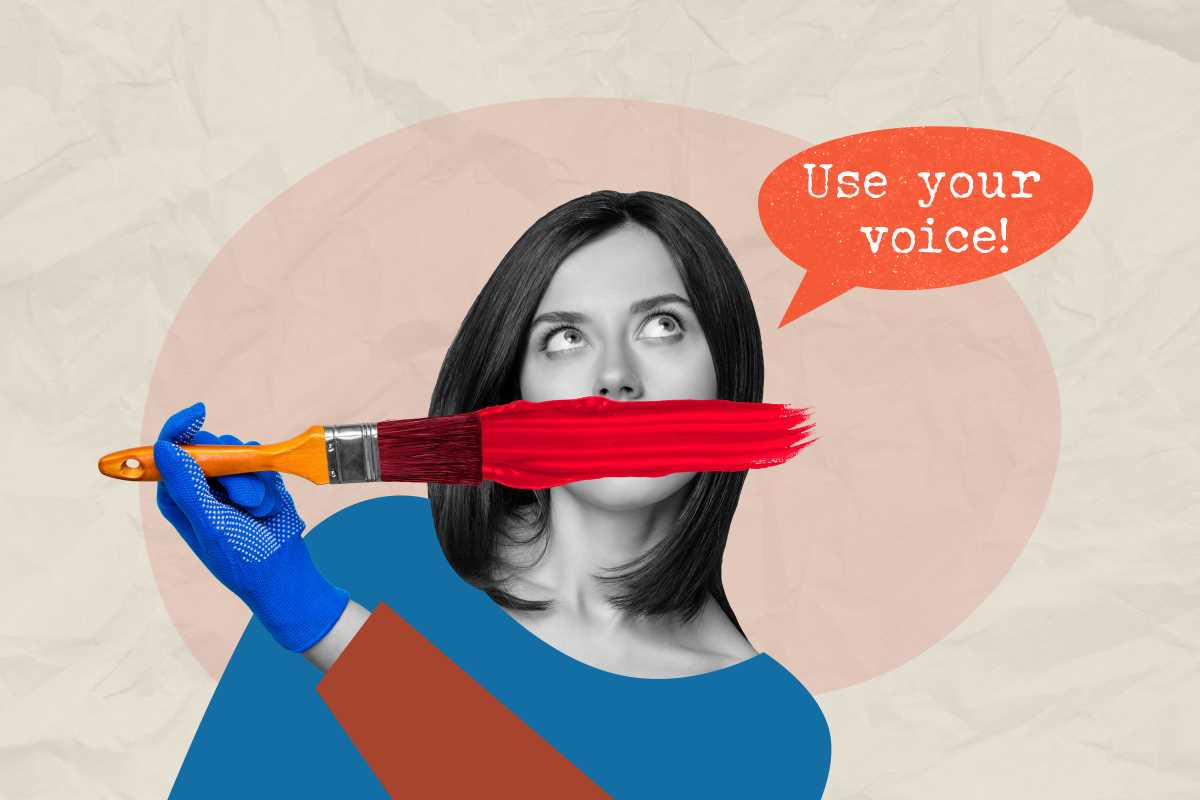Over the last few years, “cancel culture” has become one of the most talked-about topics online. Love it or hate it, this phenomenon has changed how we deal with public figures, companies, and even everyday people who mess up. The idea is simple: when someone does or says something offensive, the public calls them out, often leading to boycotts, social backlash, or even losing their career. Some see this as a way to hold people accountable and create a more ethical world. Others believe it’s a toxic environment that shuts down free speech and leaves no room for mistakes.
But is cancel culture really the villain some claim it to be? Or is it just society’s new way of enforcing accountability? Let’s unpack what cancel culture is, how it works, and the good, the bad, and the ugly sides of its impact on accountability.
What Is Cancel Culture?
Before we dig in, let's clarify what "cancel culture" actually means. It refers to the mass withdrawal of support from a person, organization, or company because of something they’ve done that’s considered wrong, harmful, or offensive. This could involve:
- Calling someone out on social media.
- Starting or participating in boycotts.
- Pressuring employers or sponsors to cut ties with the individual or organization.
For example, if a celebrity makes an offensive comment, many fans might stop watching their movies or buying their products. Entire online campaigns can spring up, calling for accountability and demanding consequences.
Cancel culture is different from just disagreeing with someone. It’s about actively pushing for consequences when someone is seen as crossing a moral or ethical line. And while it has existed in various forms for a long time, social media has supercharged its reach.
How Cancel Culture Aims to Promote Accountability
One of the main arguments in favor of cancel culture is that it acts as a form of social accountability. Traditional systems—including legal systems, organizations, and corporations—often fail to address certain injustices, especially when it comes to power dynamics. Cancel culture steps in to fill that gap.
1. Giving a Voice to the Marginalized
Historically, many marginalized voices lacked the platform to call out harmful behavior, whether that meant racism, sexism, homophobia, or exploitation. Social media has changed that, giving everyone a chance to speak up. Cancel culture makes it harder for powerful individuals or companies to brush things under the rug when millions of people are watching and demanding answers.
For instance, movements like #MeToo gained momentum through mass support, calling out predators in industries where accountability had long been nonexistent. Individuals spoke up, and society held powerful people accountable in ways traditional systems didn’t.
2. Creating Consequences for Harmful Actions
Cancel culture often targets behavior that shouldn’t be tolerated but might otherwise go unchecked. If a company profits off exploitative labor or an influencer promotes harmful stereotypes, public backlash can force them to stop while also publicly airing the issues. When there’s a clear consequence for wrongdoing, it can push people and businesses to act more ethically moving forward.
3. Raising Awareness
Canceling isn’t just about punishing someone. It’s also about starting conversations. People might boycott a movie, for example, not just to hurt the actor involved, but to highlight the issue at hand. Whether it’s racism, sexism, or environmental harm, these “cancellations” shine a light on topics that demand public attention.
The Downsides and Dangers of Cancel Culture
While cancel culture might start with good intentions, its critics argue that it can sometimes go too far and even create harmful side effects. Here are some of its biggest criticisms.
1. Lack of Forgiveness and Nuance
One major complaint is that cancel culture often leaves no room for growth or redemption. Humans are flawed, and people can change when presented with new information or perspectives. But in a cancel culture environment, even a single mistake can lead to “lifetime punishment.” This can discourage people from engaging in discussions, out of fear of being canceled themselves.
For instance, someone might get canceled for a comment they made years ago, even if they’ve apologized and made efforts to change. The idea of “permanent cancellation” makes conversations about growth and learning more difficult.
2. Canceling Without Context
Social media has a habit of boiling down complex issues into quick, viral soundbites. Sometimes, people are canceled based on incomplete information or out-of-context quotes. And once public opinion turns against someone, it’s often impossible to undo the damage, even if the original claims turn out to be false or exaggerated.
This kind of “mob mentality” can make cancel culture feel less like accountability and more like public shaming.
3. Pushing Fear Over Accountability
Instead of encouraging good behavior for the right reasons, some argue that cancel culture pushes people to act “right” out of fear of being publicly shamed. This can lead to performative activism, where people or companies adopt social causes for the sake of appearances, rather than making meaningful changes behind the scenes.
4. Disproportionate Responses
Finally, not all offenses are created equal, but cancel culture doesn’t always make that distinction. A poorly-worded joke from years ago might get the same backlash as a serious allegation of abuse or harassment. When all actions receive the same level of outrage, it can dilute the impact of real accountability and make the movement seem overly harsh.
Balancing Accountability and Compassion
Given the strengths and weaknesses of cancel culture, how can we strike a better balance? It’s clear that we need systems to hold individuals and organizations accountable, but those systems should also allow space for learning and improvement.
1. Focus on Constructive Criticism
Calling someone out doesn’t have to mean “canceling” them. It’s possible to point out harmful behavior while also making room for people to listen, apologize, and grow. Creating constructive conversations, rather than hostile ones, can lead to better outcomes.
2. Practice Restorative Justice
Restorative justice focuses on repairing the harm done, rather than simply punishing the person who caused it. This approach encourages people to take responsibility, educate themselves, and make amends. Cancel culture could incorporate these principles to address issues in a more constructive way.
3. Remember Intent and Impact
Sometimes, people make mistakes due to ignorance, not malice. While it’s essential to hold them accountable for the harm, it’s also important to consider their intent and whether they’re willing to change. Cancel culture becomes more fair when it recognizes that not all offenses come from the same place.
 (Image via
(Image via





